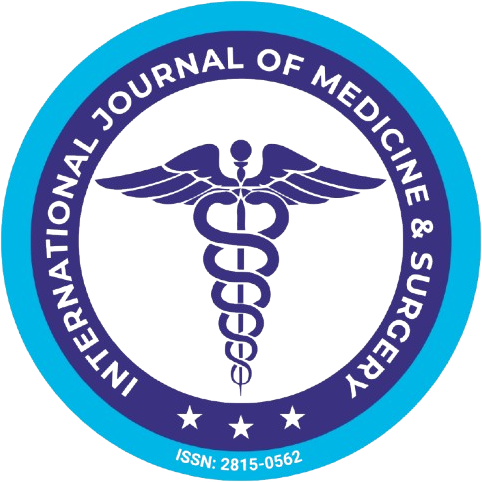PALLIATIVE CARE AND AWARENESS AMONG NURSING STUDENTS: A COMPREHENSIVE STUDY
ARTICLE HISTORY: Submission: Feb 20, 2024; Revision: Apr 25, 2024; Acceptance: May 21, 2024, DOI INFO: https://doi.org/10.56815/ijmsci.v4i1.2024.27-33
Keywords:
Palliative care, Structured teaching program, Nursing studentsAbstract
Background: The mission of palliative care is to enhance the well-being for patients and their families who are facing life-threatening illnesses by preventing and alleviating suffering by means of very early pain detection, assessment, and management of related psychological, physical, and spiritual problems. Aim: The motive of this study is to find out how well a structured educational initiative may raise nursing students' knowledge and understanding about palliative care at a designated institution of nursing. Methodology: One group pre and post-test study design was used as part of the pre-experimental research methodology, and 49 nursing students aged between 18 – 21years have been chosen by the use of the non-probability purposive sampling method. Pre-test knowledge and attitude was assessed through the use of semi- structured questionnaire and 5-point Liker scale respectively followed by the structured teaching program was done. Outcomes: The pretest outcome exhibited 15(31%) of student lacked adequate understanding, and merely 2% had sufficient understanding, whereas 33 (67%) possessed a moderate degree of comprehension. About 18(37%) had a positive attitude, while 31 (63%) had an adverse attitude. attitude. Following the intervention for 7 days the result revealed that majority of students acquired 47 (96%) adequate knowledge and 2(4%) possessed a knowledge moderately, in respect to post-test attitude level 49(100 %) of students had showed favourable attitude towards palliative care. The mean score for the pre-test knowledge assessment was 8.92, accompanied by a standard deviation of 2.26. In contrast, the mean score for the post-test knowledge assessment was 17.90, with a 0.6 standard deviation. The average attitude score of 84.08 been observed for the pre-test accompanied by a 9.81 standard deviation. In contrast, the mean attitude score of 95.14 for the post-test, with a 3.29 standard deviation. The estimated paired t test result for pre- and post-test attitude and knowledge levels was 95.14 and 25.22, respectively, which was found to be higher than the table at p<0.005 high statistically significance. Conclusion: Though palliative care is included in their nursing curriculum it creates very little impact on their mind, whereas palliative is an area which demand nursing care highly. The study's results recommend that the national curriculum committee should prioritize the inclusion of palliative care as a dedicated unit for nursing students. This focus could enhance the training and preparedness of future nurses in providing compassionate care.










 IJMSCI is a Peer-Reviewed Journal and valid as per New UGC Gazette regulations
IJMSCI is a Peer-Reviewed Journal and valid as per New UGC Gazette regulations








